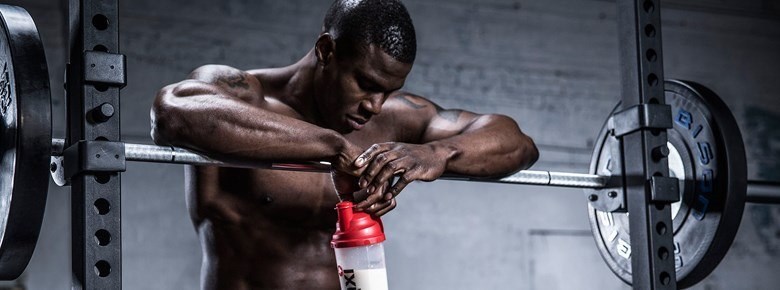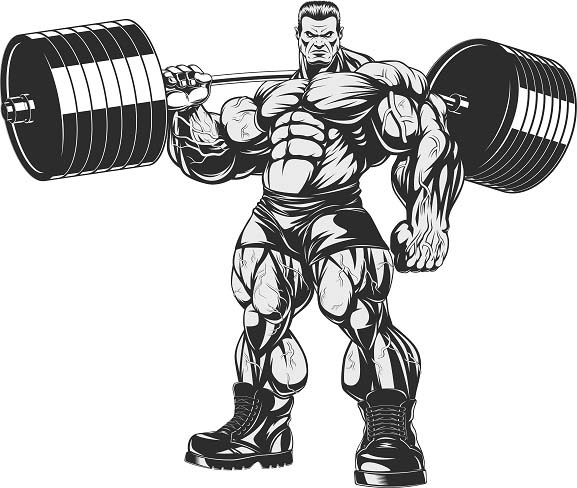Nutrition To Build Mass

In this article, I will talk to you about building muscle mass in order to share my advice and experience with you. More precisely, we will see how mass gain works and what foods and habits to adopt to optimize your mass gain. Mass building is the goal of almost all beginners in bodybuilding. However, we will see that training is not enough to build muscle mass, diet is just as important, or even more so. The goal is still to gain weight with as little fat as possible. You will get bigger but at the same time your performance must improve. The ideal time to build up mass is winter. Getting mass does not mean eating anything in indecent quantities!
What is a mass gain?
In a mass gain, you increase your caloric intake significantly to create muscle mass (volume + strength) through your training. A mass gain usually lasts between 2 and 4 months. Your diet should be high in calories in order to constantly provide your body with the energy and nutrients necessary to avoid catabolism, which corresponds to the degradation of your muscles.
Important points to follow for a mass gain:
Do not neglect recovery, let yourself rest days between your training sessions
Eat healthy products that will provide you with all the nutrients you need to build muscle mass, eaten every three hours.
- Use heavy loads
Increase your daily calorie intake from 400 to 500 calories.
Menu and food
 Power supply is really the key point of your grounding. If your diet is not adapted, you will not gain in volume. Your diet should be divided into several meals (5/6 per day) concentrated in protein, carbohydrates and a little fat.Here is a list of foods you can adopt for a mass gain:
Power supply is really the key point of your grounding. If your diet is not adapted, you will not gain in volume. Your diet should be divided into several meals (5/6 per day) concentrated in protein, carbohydrates and a little fat.Here is a list of foods you can adopt for a mass gain:- Whole milk and cottage cheese,0% fat (rich in casein protein)
- The nuts
- The salmon
- Avocado
- Eggs
- Lean beef
- Olive oil and coconut oil
- Sweet potato
- Oats
- Chicken
- Rice
- Vegetables
Protein intake:
It is the key nutrient in your diet, the protein increases your muscle mass and allows muscles to regenerate. You should consume about 3g/kg of body weight per day. (If you don't have time to eat for example lunch, you can choose whey protein as a supplement to your diet)
Carbohydrate intake:
Carbohydrate intakes should represent 50% of your daily food intake. Eat carbohydrate-rich foods.
Fat intake:
About 1g/kg body weight, consume "good" fats, which are found in olive oil, avocados and other products. These lipid sources are rich in omega 3.
Example of a menu:
This menu corresponds to a person weighing 75kg (my weight).Breakfast:- 80g oatmeal flakes
- 3 eggs
- 2 bananas
Snack:Lunch:- 50g of raw vegetables
- 150g turkeys
- 100g of vegetables
- 130g of rice
- 1 tablespoon olive oil
Snack (30 minutes before training):- 50g oatmeal flakes
- low fat cottage cheese 1/2 cup
Dinner (30 minutes after training):- 300g of vegetables
- 150g chicken
- 100g sweet potato
- 1 tablespoon olive oil
Thank you for your reading, this article is simply informative and does not replace the advice of a nutritionist or sports coach, it is simply the diet I apply to myself every day and which could inspire you.
Florian

really interesting ! you diet is very accurate
ReplyDeleteThanks a lot elliot! No pain no gain!
Delete